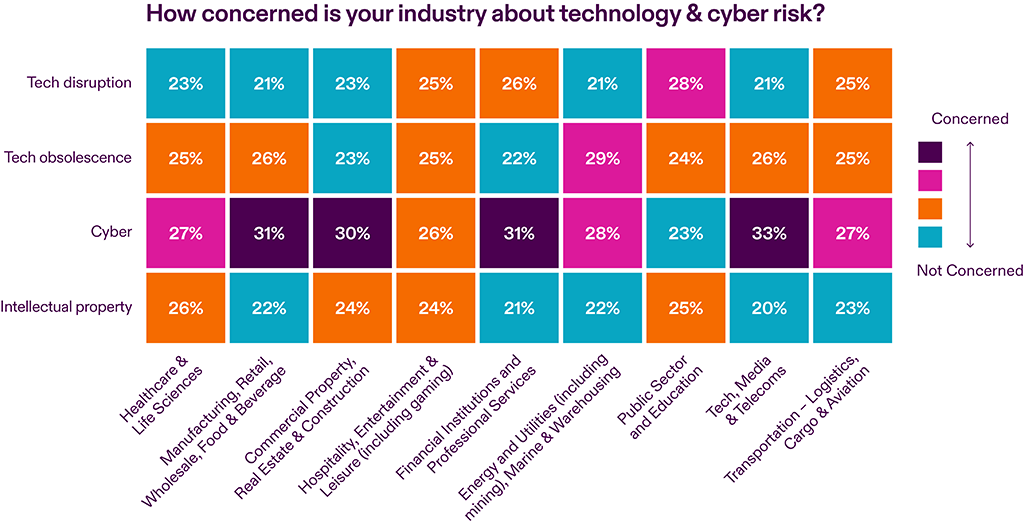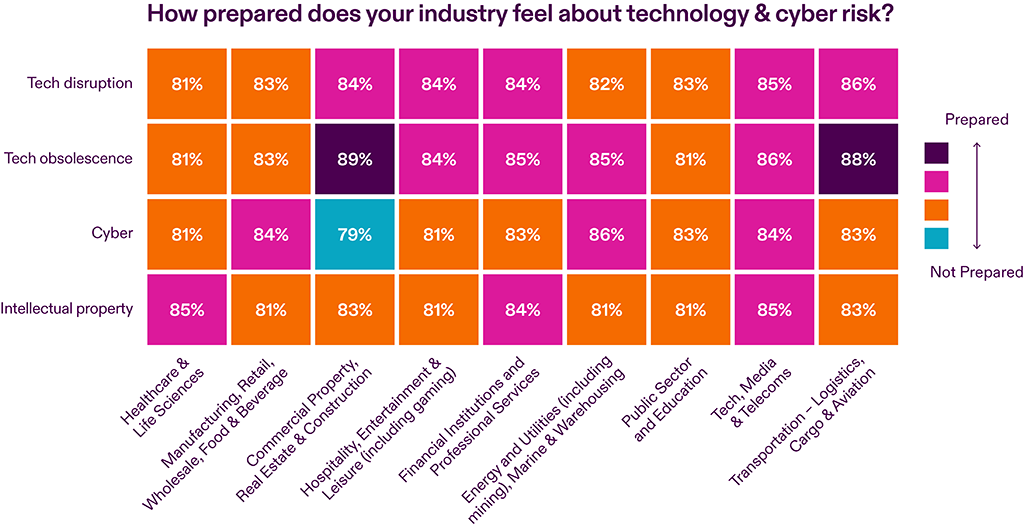![]()
For brokers
1. Cyber resilience is more than cyber insurance cover – businesses need layered cyber security and pre-emptive, responsive and adaptive support to help them pre, during and post a cyber incident, in addition to buying cyber security insurance.
2. First and third party liability – today’s tech interconnectivity creates supplier vulnerabilities resulting in both first and third party liability – ranging from cyber risk and business interruption to D&O claims and loss of reputation.
3. Political tensions increase cyber risk - as geopolitical tensions rise and relationships shift, so too does cyber risk, as nation-state threat actors create new cyber vulnerabilities that cyber criminals can exploit.








